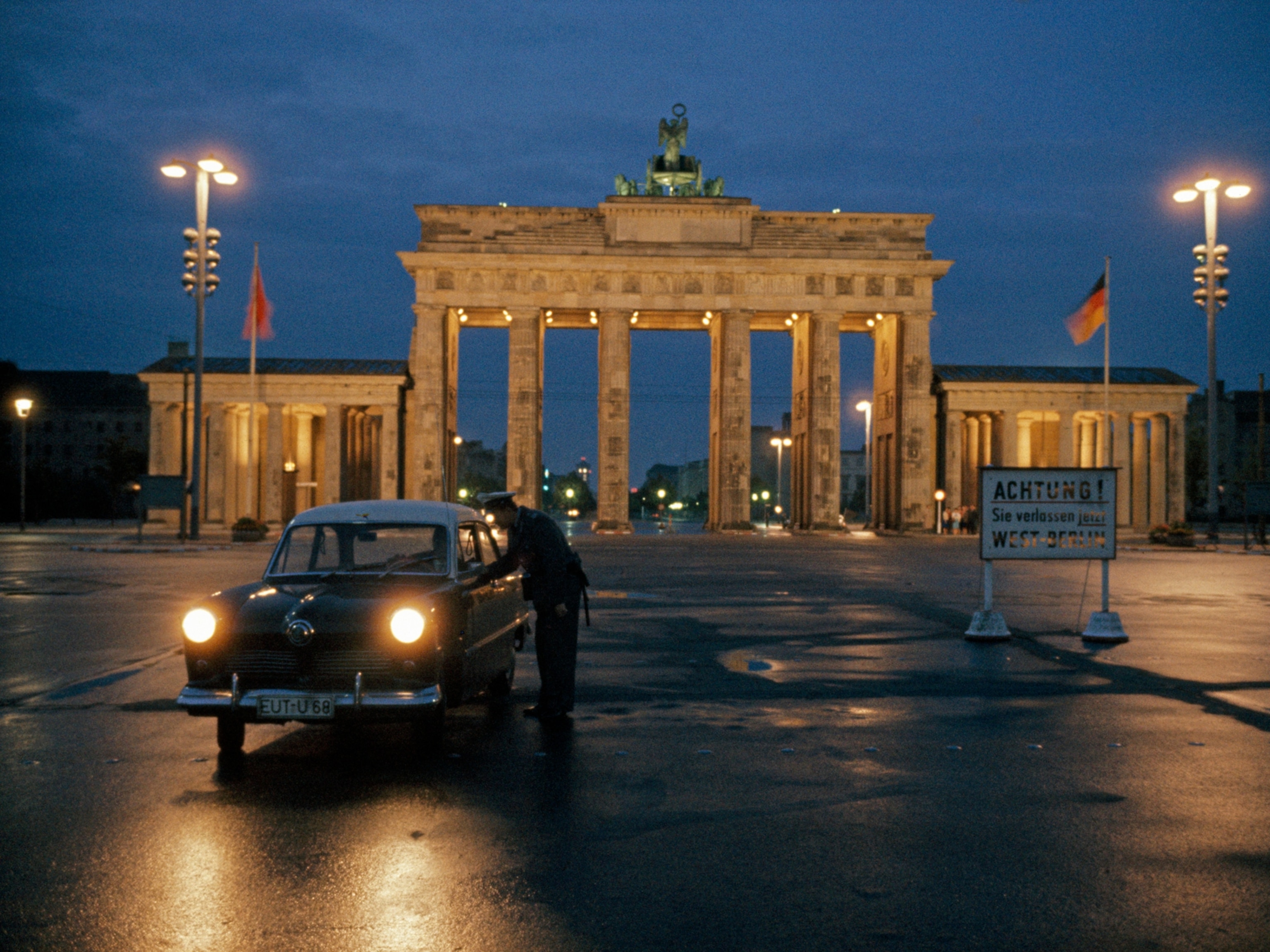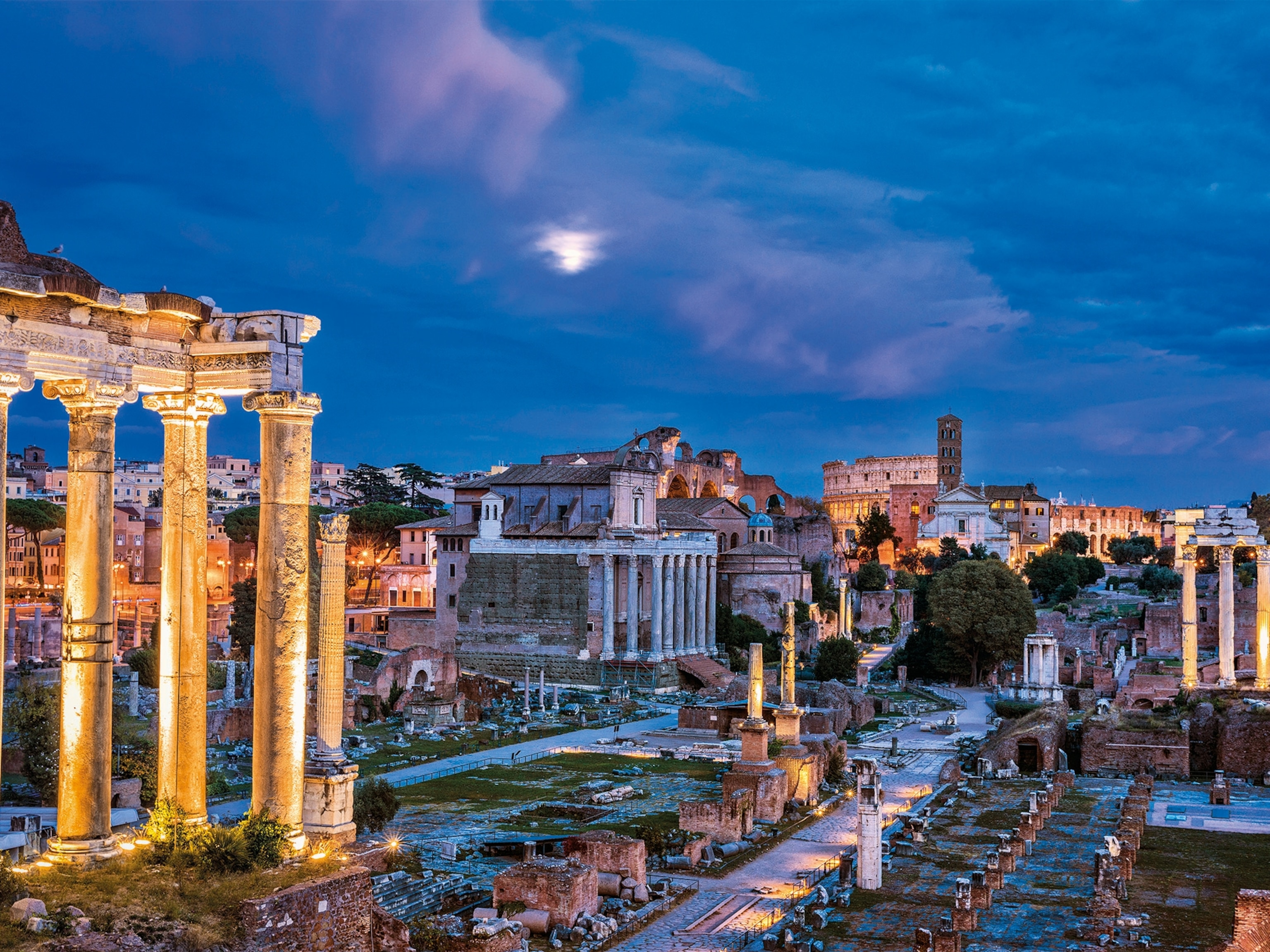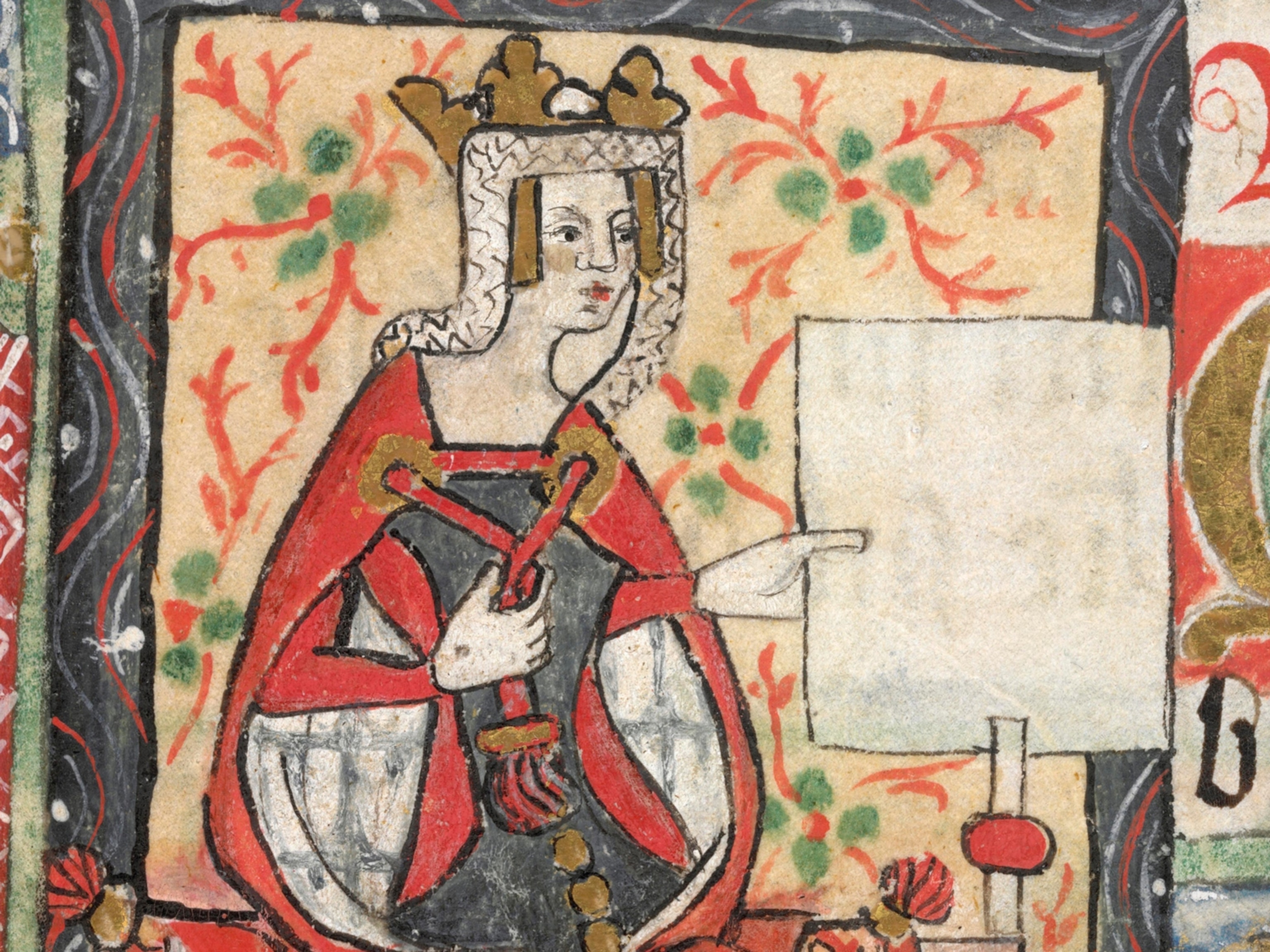The Captain's Story: A Bond of Brotherhood Forged in War
Saved by an Iraqi soldier who has been forced to flee his country, a former U.S. soldier hopes to pay him back by bringing him home.
How do you tell the story of the man who saved your life? To even try to describe why a man would risk death for another, I think you have to begin with the things he cherishes most in life: home and family.
My savior is an Iraqi, a Muslim, a husband and a father. Not long ago, we were soldiers in the Iraq war. I wore the Stars and Stripes on my shoulder. He carried the Red, White and Black of Iraq on his. To protect him and his family, I’ll call him the Captain.
We came from different worlds, but our mission was the same: keep the Iraqi people safe and rebuild the country. At times, this seemed insurmountable. Yet, his resolve was unwavering. Iraq was his home, and he was prepared to give his life to defend it. If the roles were reversed, I would have felt the same.
I met the Captain at a dirty, desolate outpost in Iraq’s western desert. He was a veteran, his face hardened from years of war. I was almost a decade younger, unproven, and scared. At first, neither he nor I were impressed with the other, but we had been ordered to work together. We were in his country, but I was officially in charge.
Our checkpoint stood at the edge of a small, hostile city next to the highway from Baghdad to Jordan. While inspecting the perimeter, the snap of a bullet echoed between us. The Captain pushed me down and ran towards the sniper who was undoubtedly preparing for a second shot. His instinct to rush at the enemy saved us. I remember looking at my savior afterwards while we were sharing one of his cheap French cigarettes. He smiled at me. We laughed. Without words, we had gained an uncommon respect for one another.
A year later, I deployed again as a military adviser to the Iraqi army. Ironically, I was assigned to teach my battle-hardened friend how to fight. When he saw my face, he looked confused. I could see him wondering, “Why would this American come back to the same place where he had nearly been killed the year before?” He greeted me with a firm handshake, “You are a big bastard.” It was the best compliment he could muster.
For months, we trained, fought, and lived together. In addition to his regular duties, he helped translate for our small team of American advisers. We depended on the Captain to warn us of danger and navigate our discussions with the locals. In our down time, we smoked cigarettes and chatted. He told me about his family and divorces. We spoke of religion and faith. He admitted how he wanted to find love, raise children, be happy. He was tired of war. Over time, we became more than friends. We grew to be brothers. I left Iraq wondering if I would ever see my brother again. Before I stepped aboard the helicopter to take me back to the states, he told me, “Go home. Take care of your family.”
Despite the distance now between us, we kept in touch. I learned that he had married and become a father. We spoke little of the war, but I knew the situation on the ground was growing worse following the American withdrawal. Then abruptly, the calls stopped. There was no word, not even a response to my worried emails. I was hurt and scared, but I tried to convince myself all was okay.
The first call came almost a year later. His voice was weak. He had been hit by a roadside bomb. For months, he had been recovering from a traumatic brain injury. I wept when he sent me a picture of his mangled vehicle. I was amazed that he was still alive and consumed with guilt that I was not there to help him.
The attack left the Captain permanently disabled. His short-term memory was destroyed, and he no longer had full use of his right arm. In shock, I asked him, “What will you do now?” He replied, “I will get better and continue to fight.” Despite his horrible injuries, he was committed to protecting his home and family.
For months, he spent each day undergoing grueling physical rehabilitation. He slowly learned to walk again. His family pleaded with him to rest, but he returned to the army. The phone calls continued, yet each time, he sounded more and more exhausted. Despite his wounds and the worsening condition of his country, he was once again fighting on the front lines. I felt helpless knowing that while my friend was in danger we in the United States largely considered the war to be finished.
By autumn 2014, the Islamic State in Iraq and Syria (ISIS) reached the outskirts of Baghdad and was closing in on the Captain’s unit. He was isolated and fighting without hope for reinforcements. While some soldiers deserted to save their lives, he stayed. He was determined to hold the line until his unit was relieved or he died. One day, however, he called with a very different tone; he explained that he and his family were being hunted by ISIS.
He asked me, “Can I come to the United States?” Heartbroken, I answered, “Maybe, I don’t know.” I gave him the best advice I could: “You must do what is best for your family.”
I knew there must be a way to help this soldier who had saved my life and protected so many other Americans. But every request from anyone in a position to help get him and his family out came to a halt with an “I’m sorry, there is nothing we can do.” I was stunned and felt helpless. The most powerful nation on earth could do nothing for this man. We had forgotten those who helped us during the worst years of the Iraq War.
His only option was to send his family into hiding and flee. His departure could convince ISIS to leave his family alone, but to save them, he would have to abandon his home. He was forced to choose between the two things most important to him. He chose family.
For the first time in 10 years, he turned away from a fight. We spoke just before he fled. I could tell that he was broken. His world was crashing down around him. His plan was to sneak away in the night and board a plane to Turkey, one of the few countries in the Middle East accepting Iraqi refugees. If ISIS caught him, he would certainly be executed. We said our goodbyes, and I wished him good luck.
For 48 hours, I kept the phone by my side. At 3 a.m., he called to tell me he made it to Turkey and was seeking permission to stay as a refugee. I fell asleep with the thought that his struggle had finally ended. I was wrong. His fight for survival had only just begun.
Today, my brother lives in a small apartment in southern Turkey. His family has joined him, as well as his sister and her children. His brother-in-law is missing and possibly dead. They are safe for now, but their future is far from certain.
Turkey has taken in more than three million refugees. His case review is still ongoing. Without refugee status, he cannot begin the process of applying for resettlement to the United States or any other country. He wakes each day wondering if help will ever come.
We still begin each of our conversations with the same question, “How is your family?” We focus on the important things first, like his son’s new haircut and his daughter’s love for coloring on the walls of their apartment. I talk about my recent marriage and the little dog that keeps my life crazy. We laugh about stupid things and don’t talk much about war. There is little chance he will ever be able to return to the country of his birth, the place he fought and nearly died for. I am no longer in the military and now that war seems so far away from my home in California.
The core of our friendship, our brotherhood, was formed a decade ago in the worst place I have ever been. I trust him. He is a member of my family, and I am part of his.
I recently traveled to Turkey because I wanted to show him that he is not alone. His struggle is my struggle. My motivation is simple. He gave me the chance to have a family. The least I can do is to help him find a home.
Chase Millsap is a former Green Beret in the Army National Guard and a Marine infantry officer with three combat deployments to Iraq. He is currently a pursuing a master’s degree in public policy from the University of Southern California. He recently founded the Ronin Refugee Project to provide support for forgotten wartime allies. You can follow him on Twitter and Instagram.

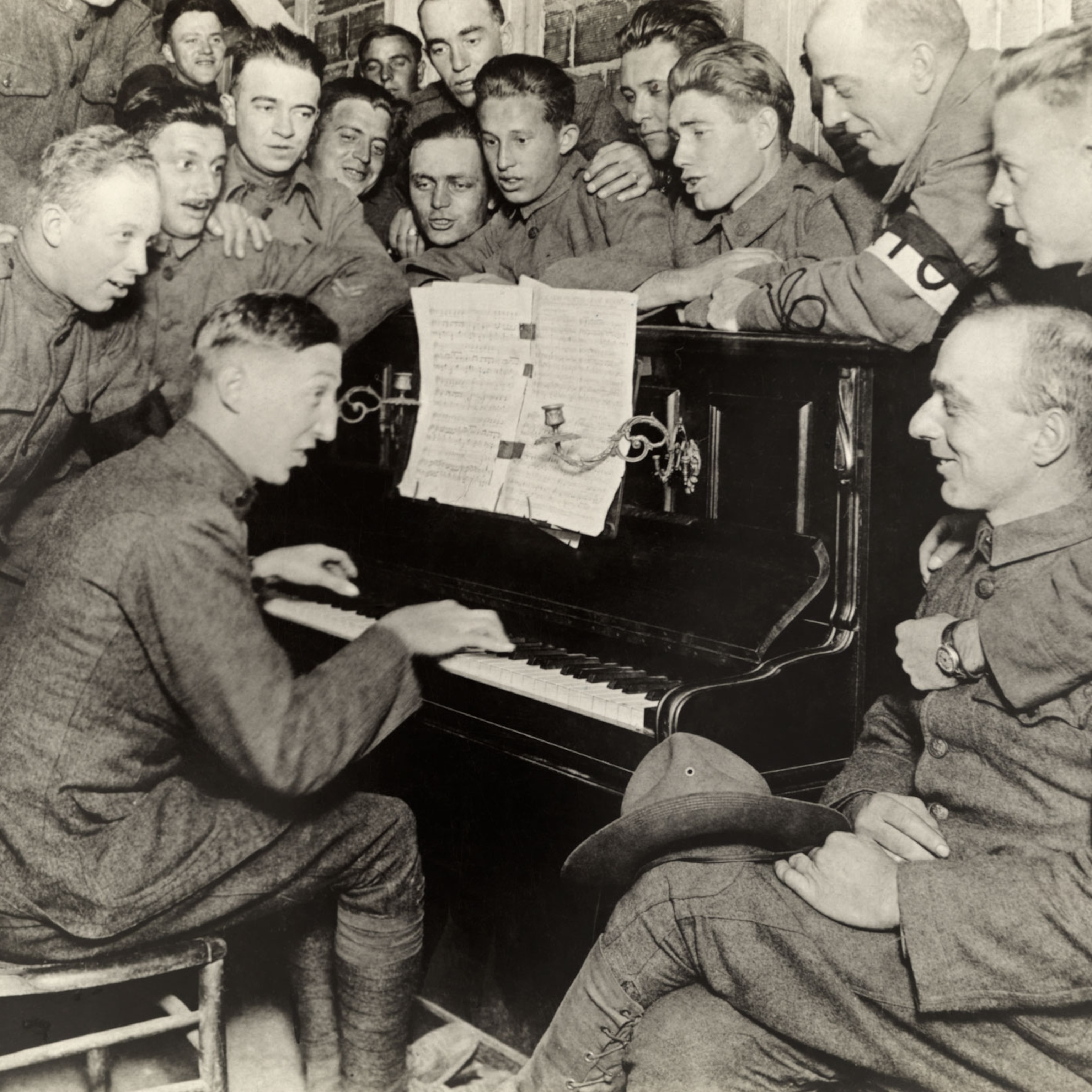

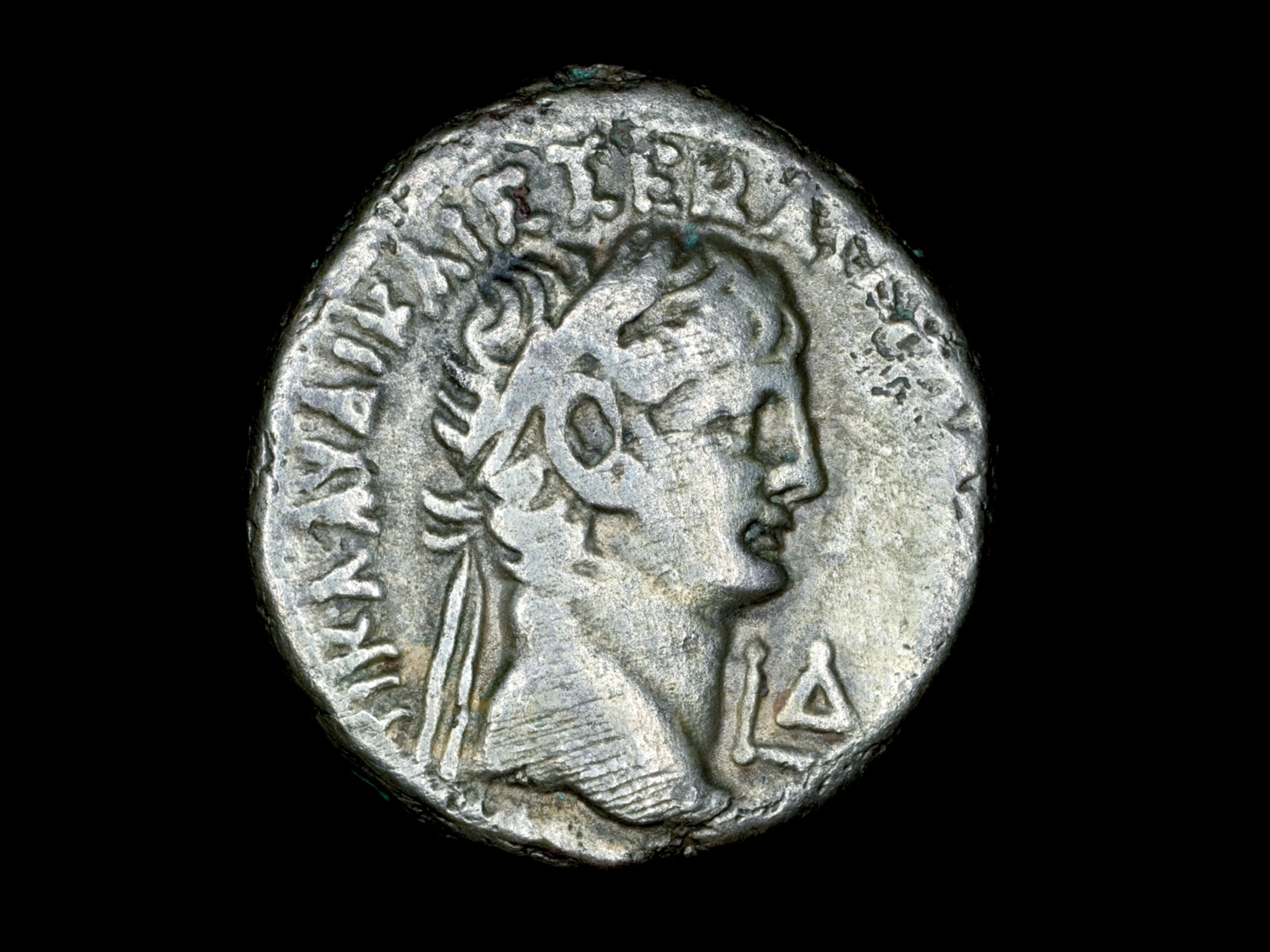
_4x3.jpg)
